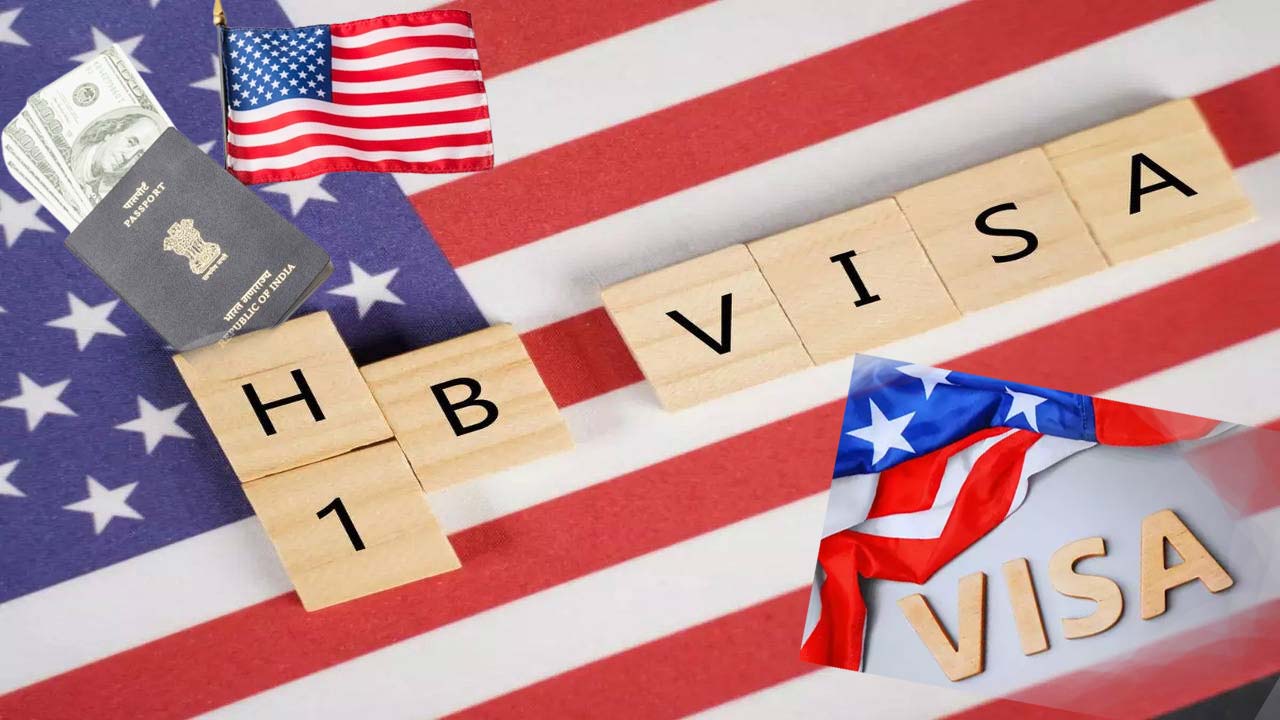
In the last eight years, U.S. tech giants like Amazon, Google, Meta, Microsoft, and Apple have significantly increased their use of H-1B visas, growing by 189%, with Amazon seeing a massive 478% rise. In contrast, India's top IT firms, including TCS, Wipro, Infosys, and HCL, reduced their reliance on H-1B visas by 56%. This shift is driven by U.S. companies' demand for specialized tech talent in emerging fields like AI and cloud computing, while Indian firms are moving towards hiring more U.S. workers and offering Green Card sponsorships.
The trend comes amid concerns over the impact of U.S. anti-immigration policies, particularly under President Donald Trump, which could tighten visa issuance and affect renewals. Some experts predict changes to the Immigration and Nationality Act, including potential country-specific quotas, which could benefit India. This shift is also expected to increase visa-related costs and fees for employers seeking international talent.
Additionally, Indian-origin businesses with strong U.S. ties are advised to proactively navigate U.S. immigration policies to minimize potential setbacks. The pressure on work visas will likely intensify, especially given the growing number of international students from India. With the Republicans controlling Congress, more anti-immigration measures are expected, including stricter H-1B policies and challenges for existing visa holders and their families.
Lastly, India has invested in strengthening the U.S. STEM workforce, with $1.1 billion aimed at upskilling employees and creating jobs, showcasing the growing role of Indian companies in the U.S. tech sector.





















